Laura Miller begins her review of Master of the Mountain: Thomas Jefferson and His Slaves, with this:
“No founding father wrote more eloquently on behalf of liberty and human rights than Thomas Jefferson, and none has a more troubling record when it comes to the “peculiar institution” of slavery. At present, the popular understanding of Jefferson’s shilly-shallying on this issue doesn’t extend much deeper than knowing smirks about Sally Hemings and the (unacknowledged) children Jefferson fathered with her. We tend to assume that the dirtiest secrets of the past have to do with sex. But, as Henry Wiencek explains in his new book, “Master of the Mountain: Thomas Jefferson and His Slaves,” the real filth is in the ledger books.”
 On Friday, October 26, 2012, Mr Wiencek visited us at the UT History department to discuss the new book with Professors Jacqueline Jones and Robert Olwell and answer questions from the audience. Listen to the discussion here or click the link above.
On Friday, October 26, 2012, Mr Wiencek visited us at the UT History department to discuss the new book with Professors Jacqueline Jones and Robert Olwell and answer questions from the audience. Listen to the discussion here or click the link above.
Henry Wiencek, “The Dark Side of Thomas Jefferson,” Smithsonian, October 2012
Laura Miller, Master of the Mountain reviewed, Salon, October 14, 2012.
Posted Monday, November 5, 2012

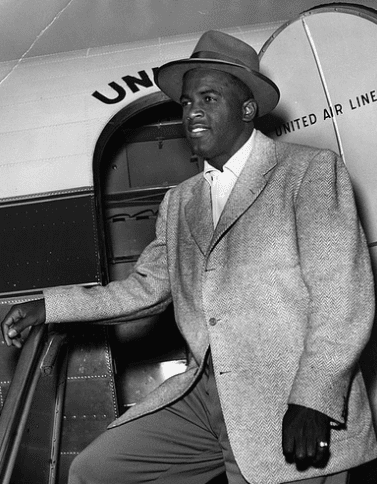
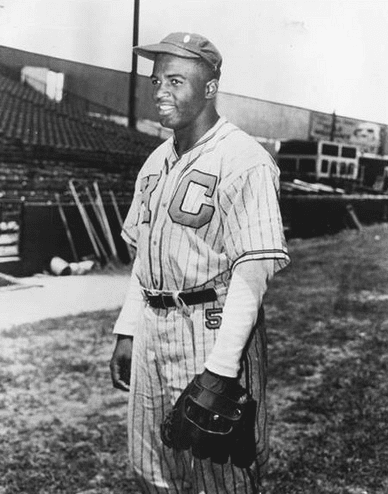
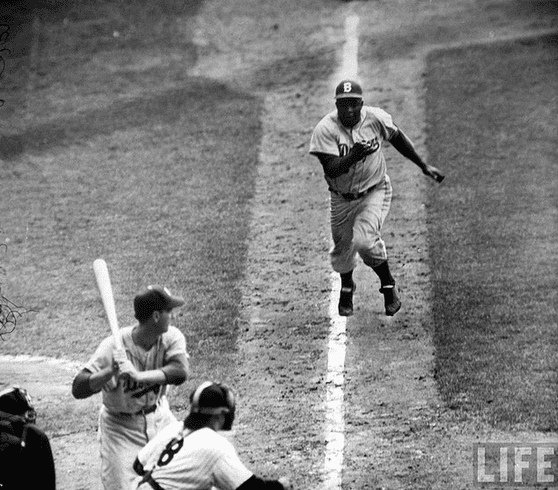
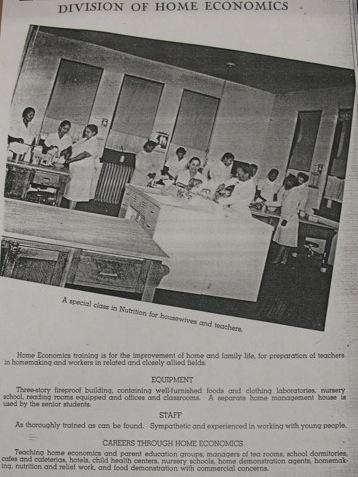
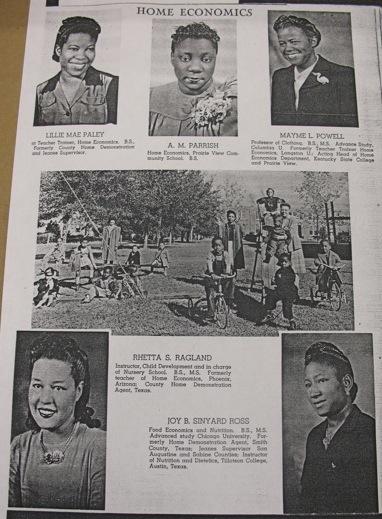
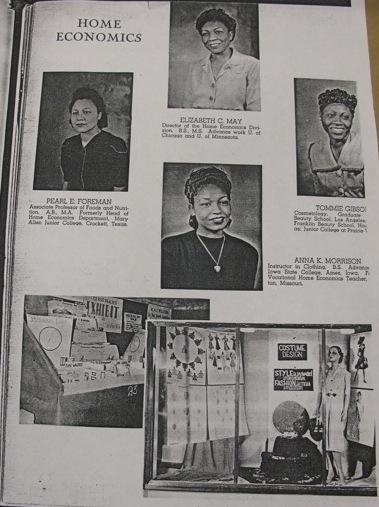
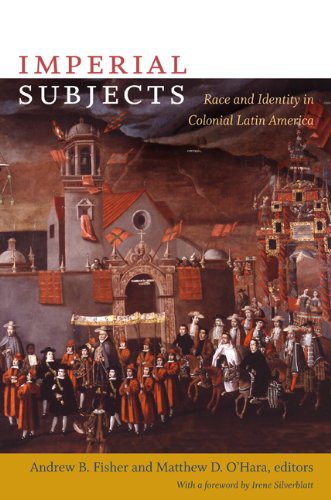 Cope overturned the idea that racial identity in colonial Mexico was “fixed permanently at birth” and argued that race was a versatile identity that could be “reaffirmed, modified, manipulated, or perhaps even rejected.” The unfixed nature of identities assumed and performed by individuals and groups in colonial Latin America beyond Mexico City is the subject of the collection of essays edited by Andrew Fisher and Matthew O’Hara recently published as Imperial Subjects: Race and Identity in Colonial Latin America.
Cope overturned the idea that racial identity in colonial Mexico was “fixed permanently at birth” and argued that race was a versatile identity that could be “reaffirmed, modified, manipulated, or perhaps even rejected.” The unfixed nature of identities assumed and performed by individuals and groups in colonial Latin America beyond Mexico City is the subject of the collection of essays edited by Andrew Fisher and Matthew O’Hara recently published as Imperial Subjects: Race and Identity in Colonial Latin America.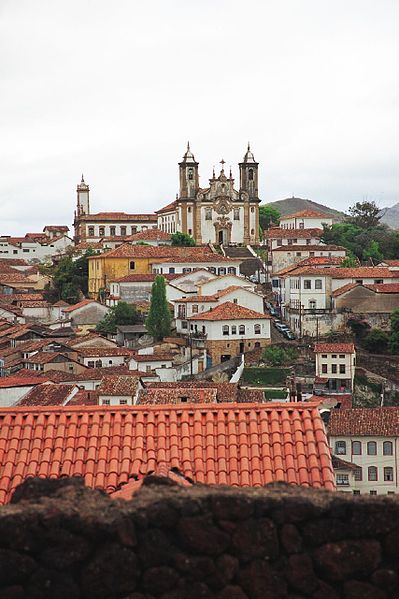

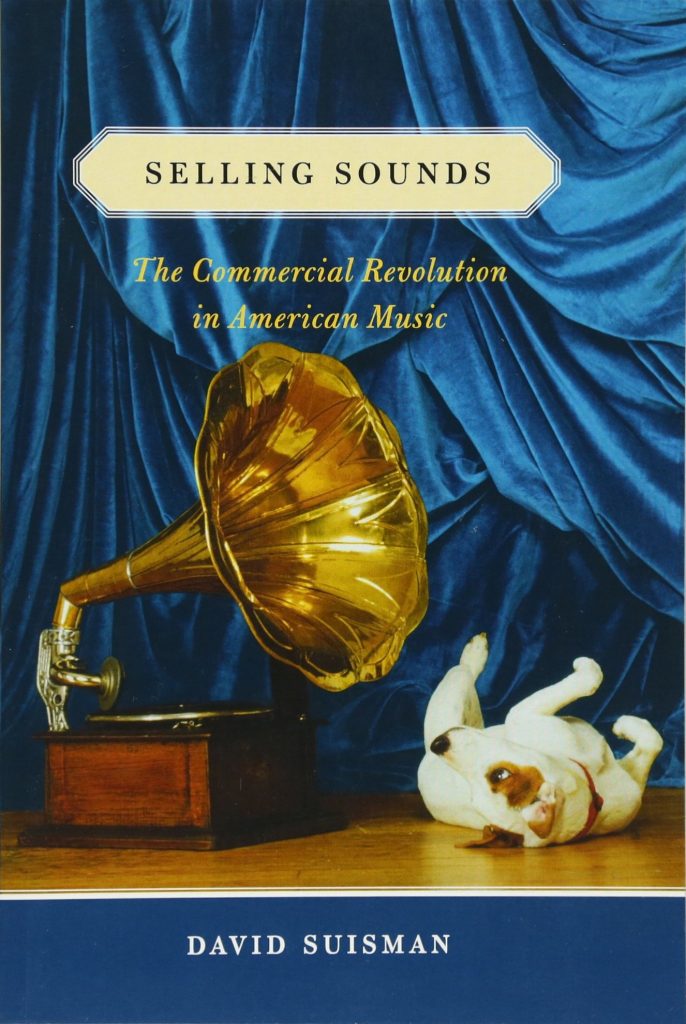
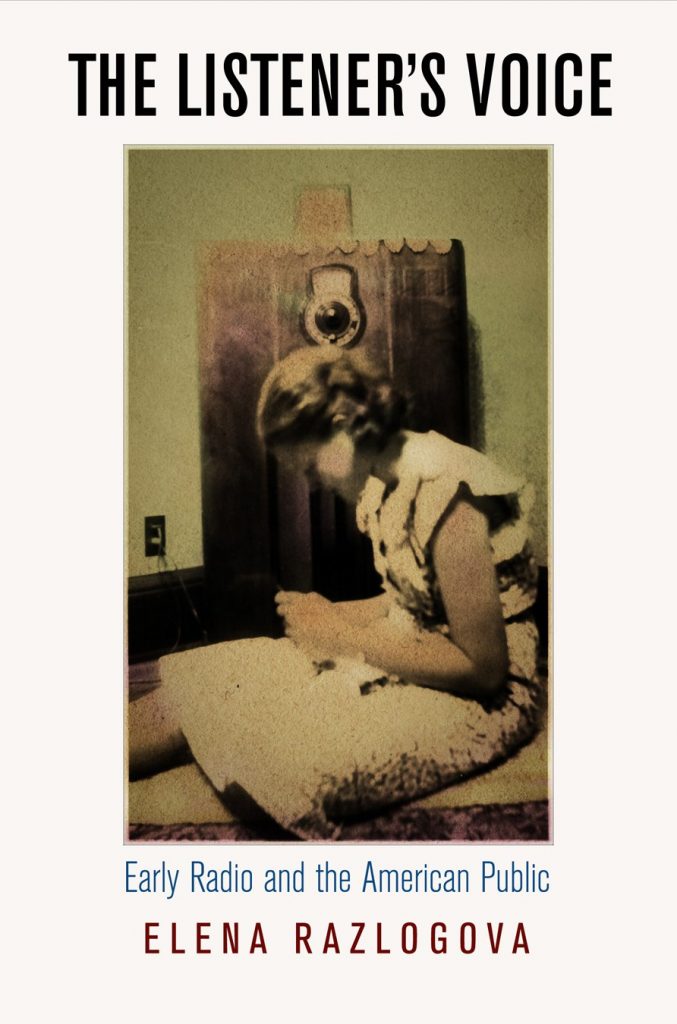
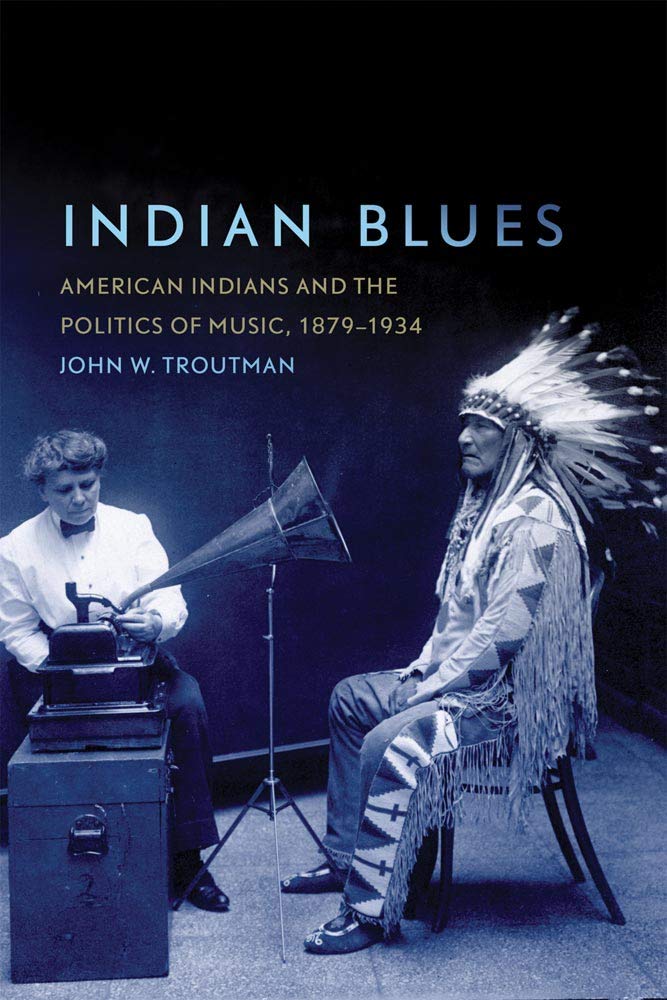
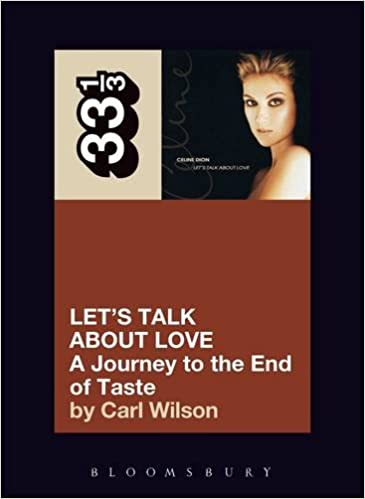
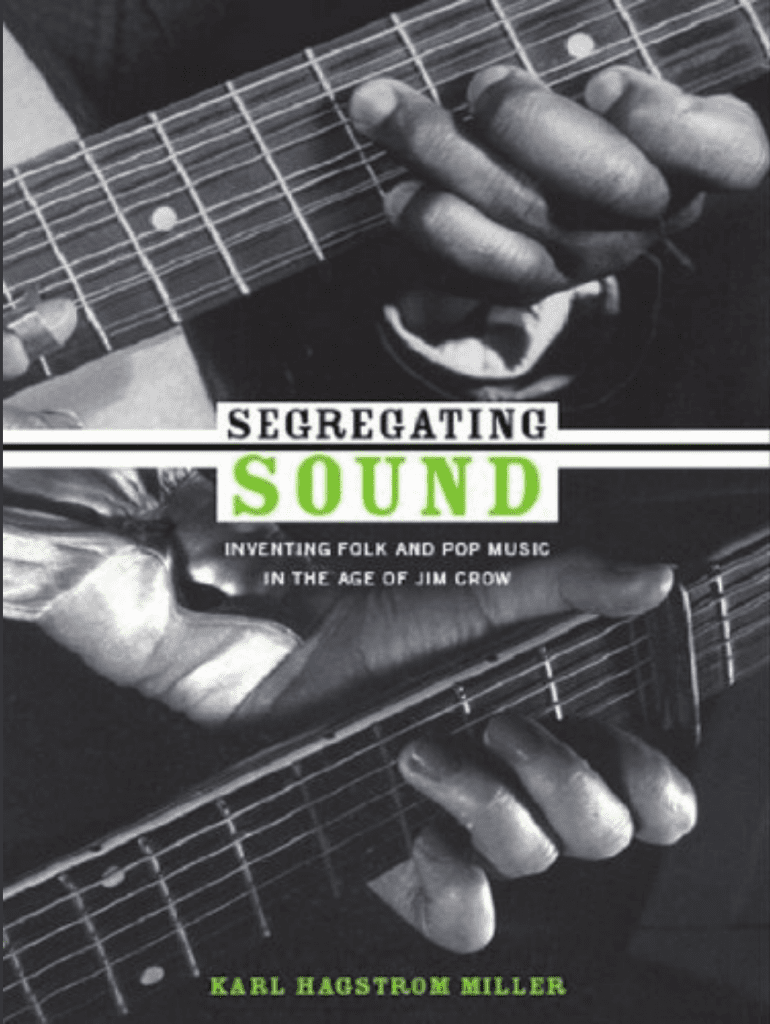
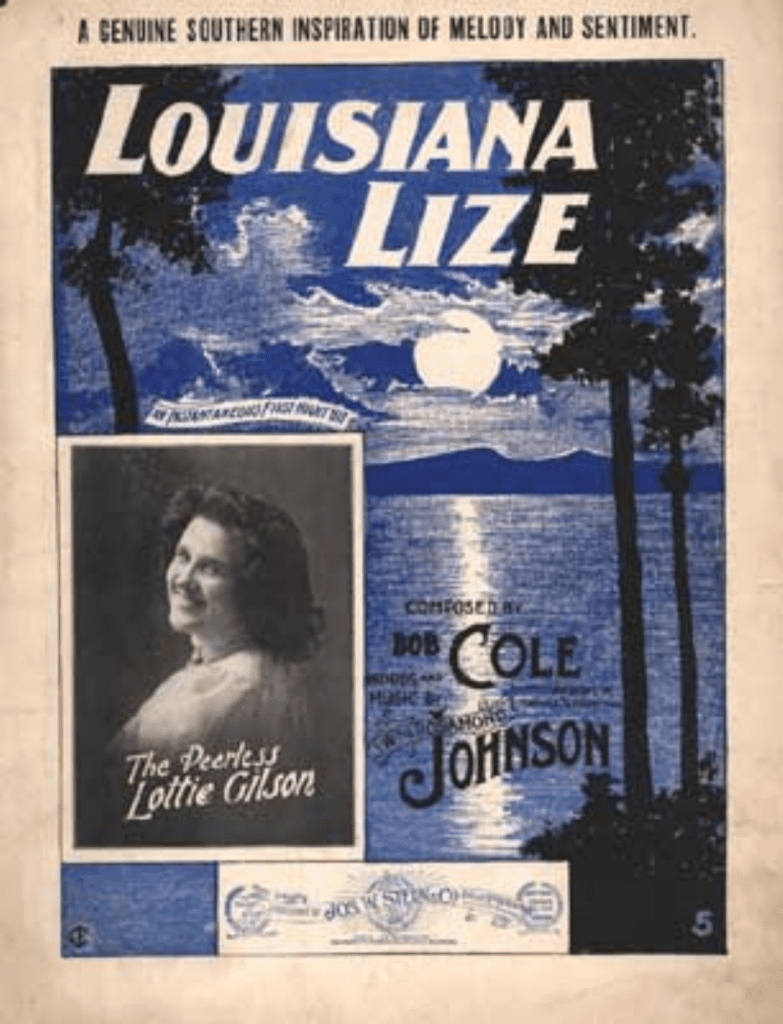


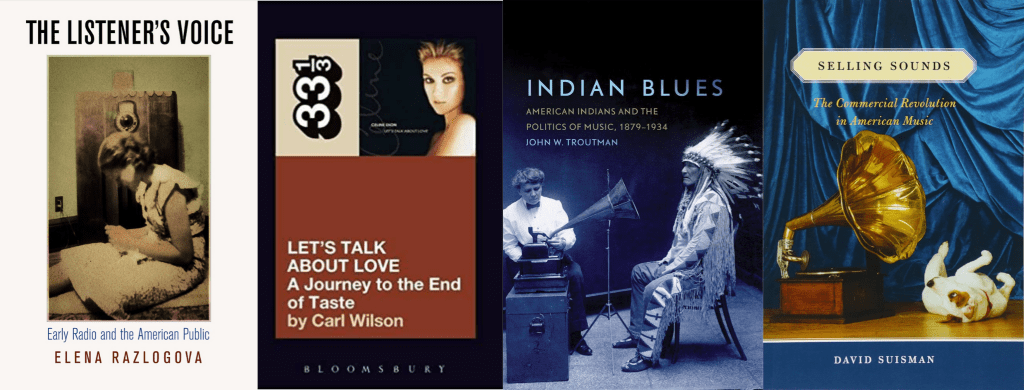
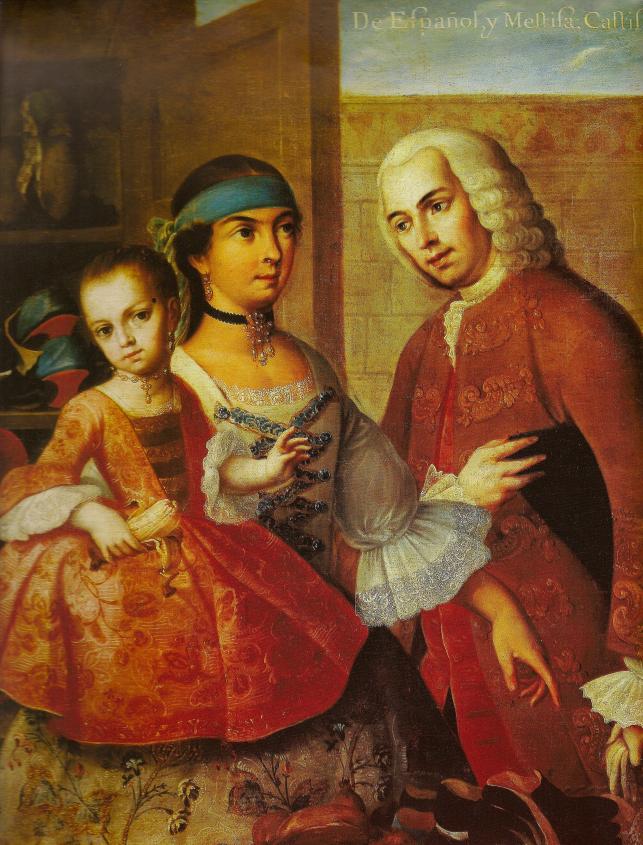
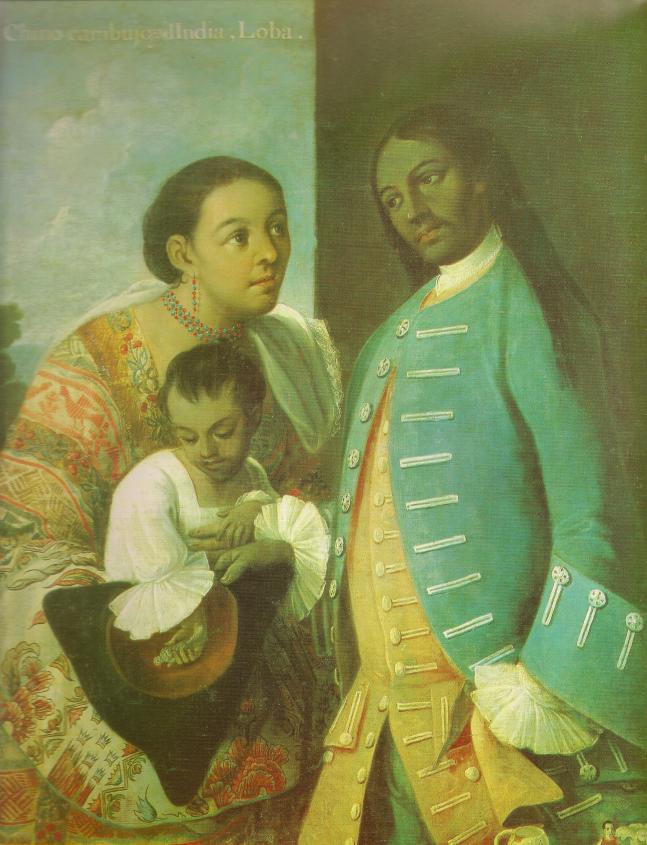
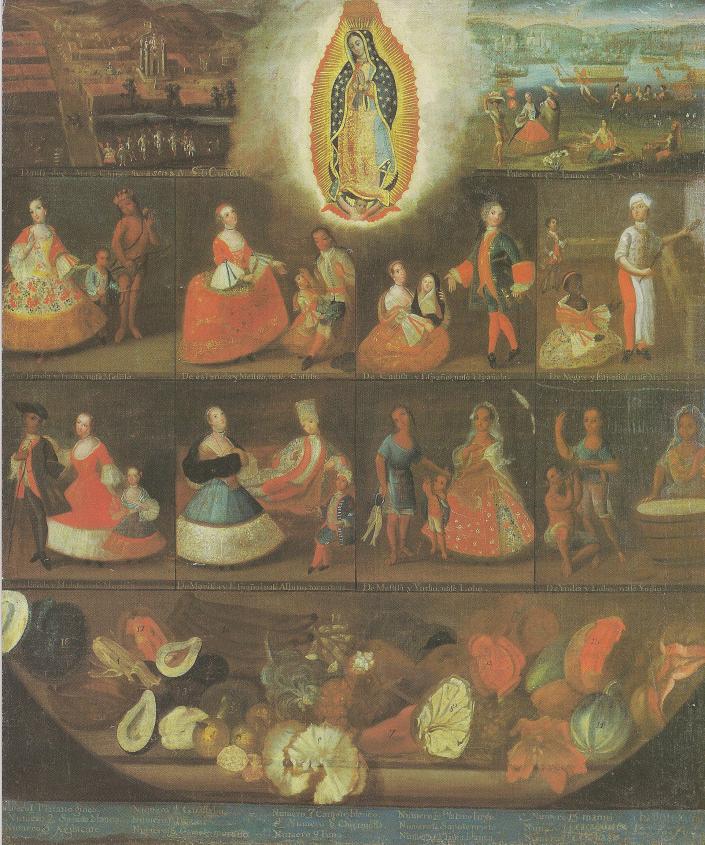
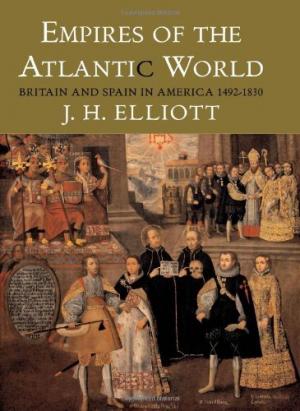 by
by